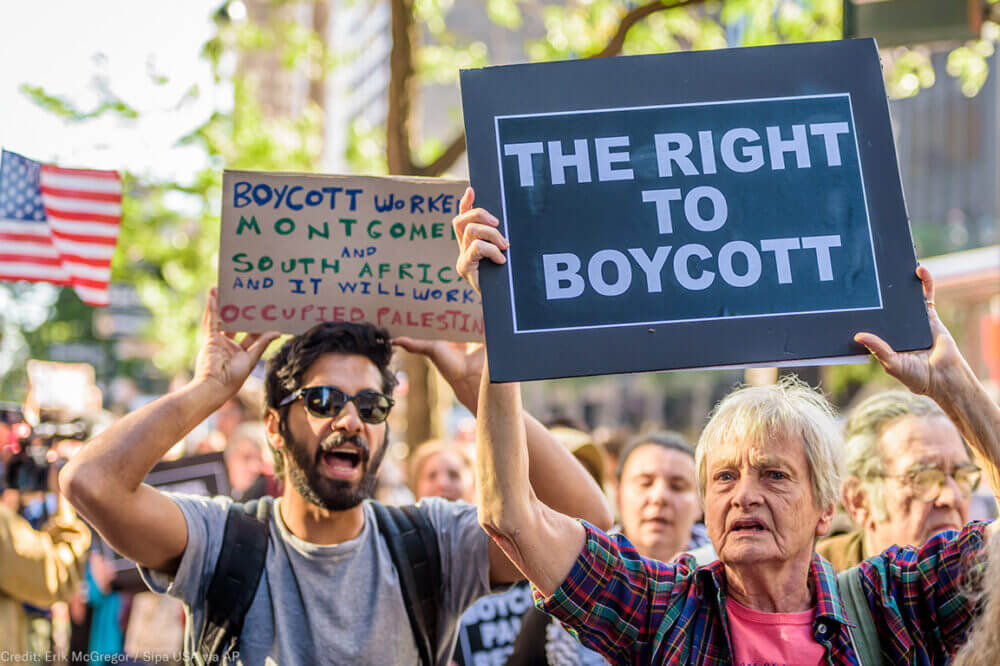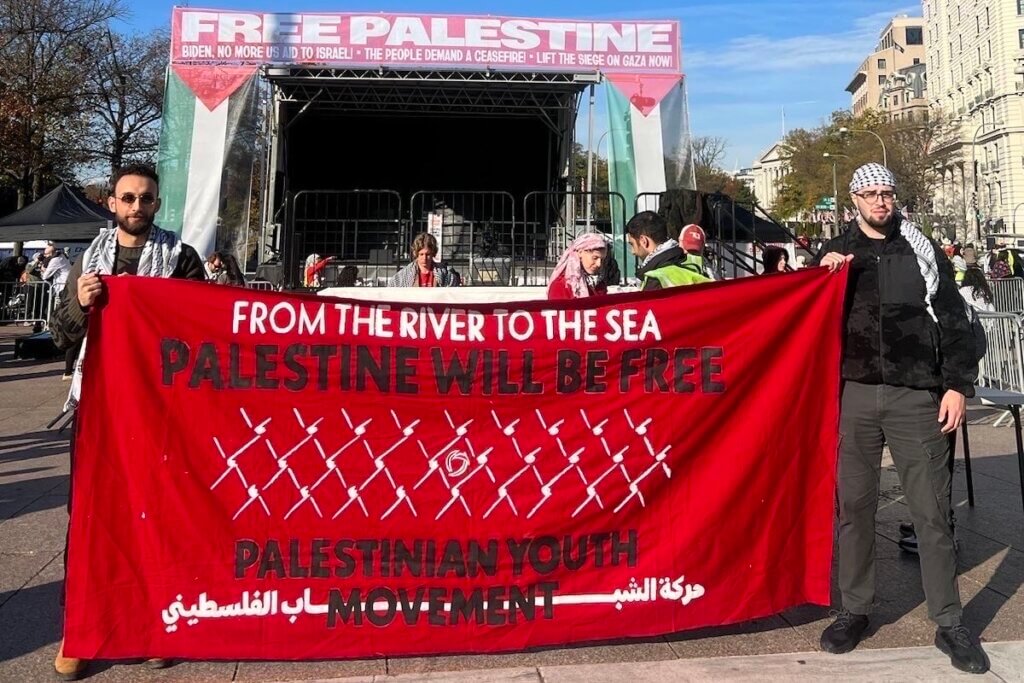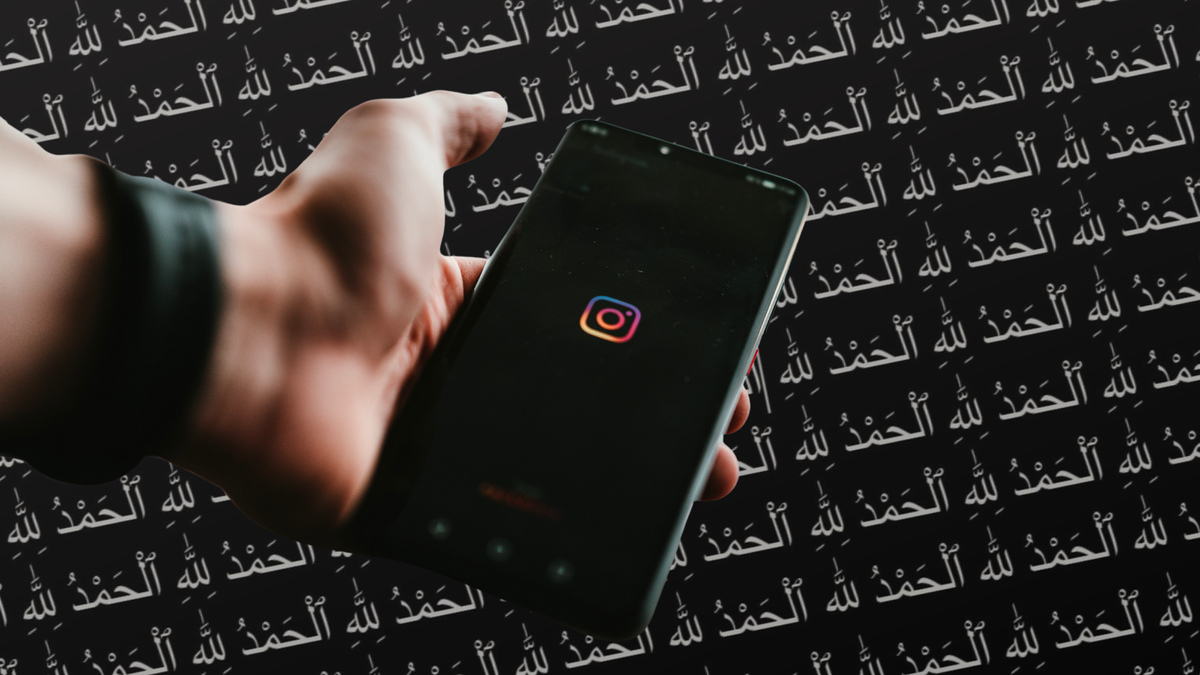Meanwhile Across The Pond in the UK..
To understand Israel-Palestine, first understand the history of racism and antisemitism
Rachel Shabi

Anti-Jewish hate is rarely seen as part of a European racism that encompassed colonialism and slavery, with each distinct prejudice influencing the other
Mon 13 Nov 2023 16.20 GMT
On Saturday, hundreds of thousands took part in a history-making march for Gaza, while the hate mobs imagined by the now former home secretary Suella Braverman turned out to be the far right, who clashed with police. It’s true that the Palestine solidarity march did contain a fringe of hateful messages, but to portray these as characteristic of the whole is absurd. Protesters called for a halt to the death, catastrophe and terror being inflicted on Palestinians in Gaza. Demands for a ceasefire are accelerating globally, as about 11,000 people have been killed in the sealed Gaza Strip, including over 4,000 children – and with thousands more injured or orphaned. The Palestinian cause is close to the hearts of leftists, but polling shows it goes wider than that: most of the British public support a ceasefire.
Saturday’s demonstration contained a sizeable Jewish bloc, who marched despite alarmist warnings across our politics and media that the protests were hotbeds of antisemitism. Jewish people (me included) attend Gaza solidarity marches for many reasons. But I would bet that none include giving free passes on antisemitism to leftists – and neither should a Jewish presence be used to discount the existence of any such prejudice at these protests. More likely, we understand that while this ancient hatred can appear anywhere, it is not the fault of Palestinians that Christian Europe has a long, lingering and largely unacknowledged problem with antisemitism.
To even begin to address this in the midst of a gut-wrenching assault on Gaza means first to acknowledge that the role of progressive movements is currently complicated. We need two parallel conversations. One is in redress of the longstanding double standard exposed by global leaders greenlighting Israel’s intolerable pounding of Gaza. After the Hamas atrocities of 7 October, during which 1,200 were killed in a violent rampage and over 200, among them children, taken hostage, we rightly saw an outpouring of sympathy for the horrors unleashed in Israel. But western leaders are mostly muted in the face of unimaginable suffering in Gaza, bankrolling Israel’s battering of buildings and people, or calling only for humanitarian “pauses”, which despairing aid agencies have described as useless. There is a dismally familiar hypocrisy over whose lives count – all the more so in the context of this decades-long, asymmetric conflict, with Palestinians living under a violent Israeli occupation and a system several human rights groups have described as apartheid.

‘Western leaders are mostly muted in the face of unimaginable suffering in Gaza, bankrolling Israel’s battering of buildings.’ Aftermath of an Israeli strike in Deir al-Balah, Gaza, 7 November 2023. Photograph: Anadolu Agency/Anadolu/Getty Images
But a second conversation is needed within progressive movements from which many Jews are now – often reluctantly – absent. Those gruesome Hamas attacks left Jewish people reeling in pain and fearful over an alarming, global spike in antisemitism. To make matters worse, the Israeli government points to Jewish trauma over those Hamas crimes as justification for its assault on Gaza, while the British right corrals the pain into its own culture-war agenda. Progressives are justifiably concentrating on Gaza now, but in doing so are often not speaking to the agony of a shaken Jewish minority that may not be able to focus only on this urgent bigger picture. Fear and trauma generate many different responses. Absent any acknowledgment of that, or a space in which to share it, many Jewish stalwarts of the Palestinian cause, never mind recent supporters, are simply not showing up.
All of which taps into deeper issues with the left’s conception of the Israel-Palestine conflict and antiracism more generally. With antisemitism too often viewed as historic, its abiding contours are barely examined – not even in Britain, which invented the blood libel conspiracy against Jews that fuelled centuries of Europe-wide persecution. Antisemitism is rarely placed within a catalogue of European racism that encompassed colonialism and slavery, with each distinct and particular racism influencing the other. We have lost the lens of intellectuals in the postwar period, who excavated the connections between racism, colonialism and antisemitism. The political theorist Hannah Arendt, among others, argued that the racist violence of European colonialism in Africa both shaped and paved the way for the hateful Nazi antisemitism, premised on racial hierarchy, that led to the unique horrors of the Holocaust. After visiting the Warsaw ghetto in 1949, the African-American civil rights giant WEB Du Bois wrote that the experience gave him “a broader conception of what the fight against race segregation, religious discrimination and the oppression by wealth had to become if civilisation was going to triumph and broaden in the world”.
Meanwhile, the common leftist view of Israel’s origins as colonial is borne out by the nation’s founding fathers describing it in these terms, while the Palestinians already living in that land experienced it as such in forced expulsions and dispossession. That same expansionist logic, one that violently displaces Palestinians, continues to this day in the illegal Jewish settlements network beyond Israel’s internationally recognised borders and into the occupied West Bank and East Jerusalem.
But this obscures the thing that propelled so many European Jews into Palestine in the first place: centuries of endless European antisemitism culminating in the Holocaust. There would be no Jewish national project in Israel had there been no deadly antisemitism racing across Europe at that time. The Palestinian intellectual Edward Said expressed this duality in Israel’s formation by describing Palestinians as “victims of victims, the refugees of the refugees”.
We can add to that the experiences of Jews who had lived in Arab countries for millennia, with no reason to leave, yet ended up as the socioeconomically disadvantaged majority Jewish population in Israel. Mostly free of the pogroms that were a feature of Christian Europe, these communities were uprooted by a pincer of competing forces: Jewish nationalism in Israel and the Arab nationalisms of countries such as Iraq, trying to shake off the yoke of British imperialism.
None of this justifies the ongoing dispossession of Palestinians, or cancels their right to the same freedoms all humans deserve. Instead, it introduces a universalist understanding of antiracism, to complement the analysis of this conflict as a relentless power imbalance between oppressor and oppressed. It means we can view the Palestinian Nakba (catastrophe), the Holocaust and the exodus of Jews from Arab lands as a tangle of communities caught in the expanse of European colonialism and extreme racial thinking. It opens up the possibility of a morally and politically coherent view of different racialised minorities, even while our experiences take distinct paths. It enables a rejection of any zero-sum competition over suffering and a rejection of the idea that the safety of one people can ever come at the expense of another. It allows us, in other words, to imagine a shared, equal future, in which everyone is free.
Rachel Shabi is the author of Not the Enemy: Israel’s Jews from Arab Lands. Her new book on how progressives can reclaim the fight against antisemitism will be out in 2024
And in Atlanta...
As Jews we know, this is not a war. It’s a genocide.
Understanding our own history as Jews leads us to speak out against Israel's genocide of the Palestinian people. We stand for the liberation of the Palestinian people because we have known what it is to not be free.
BY SASHA FRIEDMAN, SIG GIORDANO AND ARI BEE NOVEMBER 11, 2023 23
Share on Facebook Share on Twitter

On October 18, 2023, the Fulton County Commission passed a proclamation for a “Stand with Israel” day. At the meeting, Dov Wilker, Atlanta regional director for the American Jewish Committee stated that “This is not a war against the Palestinian people. This is a war against a terrorist group that slaughters their own.”
At the time of Mr. Wilker’s statement, over 4,200 Palestinians had been killed by Israel’s incessant bombing. That number is now over 11,000, thousands of whom are children.
Residents in Gaza had already gone several days without food, water, or electricity as Israel had cut off access to water, shut off their electricity, and blocked the entrance of any aid from Egypt. Over 1 million Palestinians were being displaced from their homes as Israel warned them to evacuate Northern Gaza.
And yet, Mr. Wilker stated that this was not a war against the Palestinian people. With so many dead, so many displaced, and so many dying, he may be right, that this is not a war. It is a genocide of the Palestinian people.
We need only look at our own history as Jews to understand this.

Many of us have grown up with personal accounts passed down from our ancestors. Our own great grandparents fled Ukraine shortly after World War I with only what they could fit in two suitcases. And they were part of the resistance in the camps in the former Czechoslovakia to prevent being deported to Auschwitz. They are fighting to regain citizenship to Spain on behalf of our families who faced the choice to convert or leave during the Inquisition. It is in our bones that our safety is not guaranteed and we carry that with us.
Our Jewish ancestors were persecuted as a means of protecting nation-states and their power. We were an existential threat subject to different laws from our neighbors, killed for challenging those laws, and told we had brought this treatment upon ourselves. The world repeatedly witnessed as we were displaced, targeted for violence, and subjected to horrific genocides. We were told we were untrustworthy, and so we were deserving of all this inhumane treatment.
Reflecting on this history, we see we have so much in common with the Palestinian people. A people whose land was seized from them over 75 years ago. A people who have been subjected to a different set of laws based on their ethnicity. A people who are told that any form of resistance against this treatment is unjustified and will be met with even greater violence and destruction. This has included the Israeli military targeting unarmed protestors, journalists, and medics with live ammunition and barring leaders of pro-Palestinian movements from travel.

On our screens, from our beds and couches, we are watching bombs drop and tanks move into Gaza, and the faces of devastating loss. This cannot be called a war; it is more aptly described as an ongoing genocide. One that the U.S. provides financial, political, and military support to, and one with no sign of abating, even for a humanitarian ceasefire to allow sufficient water, food, and medical assistance into Gaza.
In understanding our own history, we must speak out against this state-sponsored violence, which has been ongoing for the last 75 years. We stand for the liberation of Palestinian people because we have known what it is to not be free. We join with one another to demand “free Palestine” because we hold to the tenets of Tikkun Olam that we are called to the work of “repairing the world.” We take to the streets and talk to our family and post on social media that Palestinian liberation is central to our Judaism because we were told “never again.”
The phrase “never again” lives in our bones and echoes in our ears over and over because never again will we be complicit in the genocide of any people. Never again will we allow the world to ignore the attempted erasure of human dignity and human lives. Never again means not now. Not ever. For anyone.
Sig, Ari, and Sasha are all part of a Jewish Atlanta collective working to end the occupation in Palestine.
















